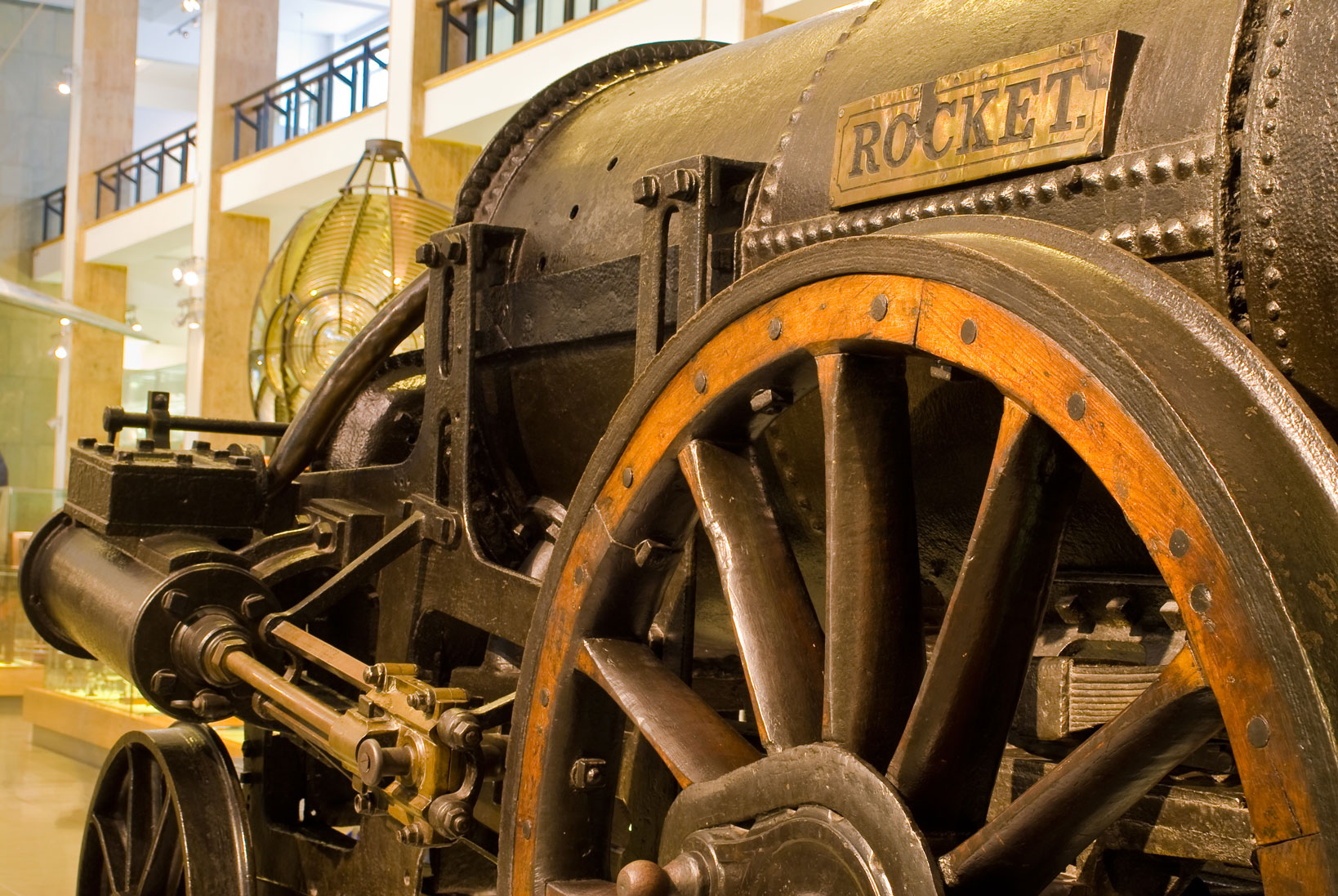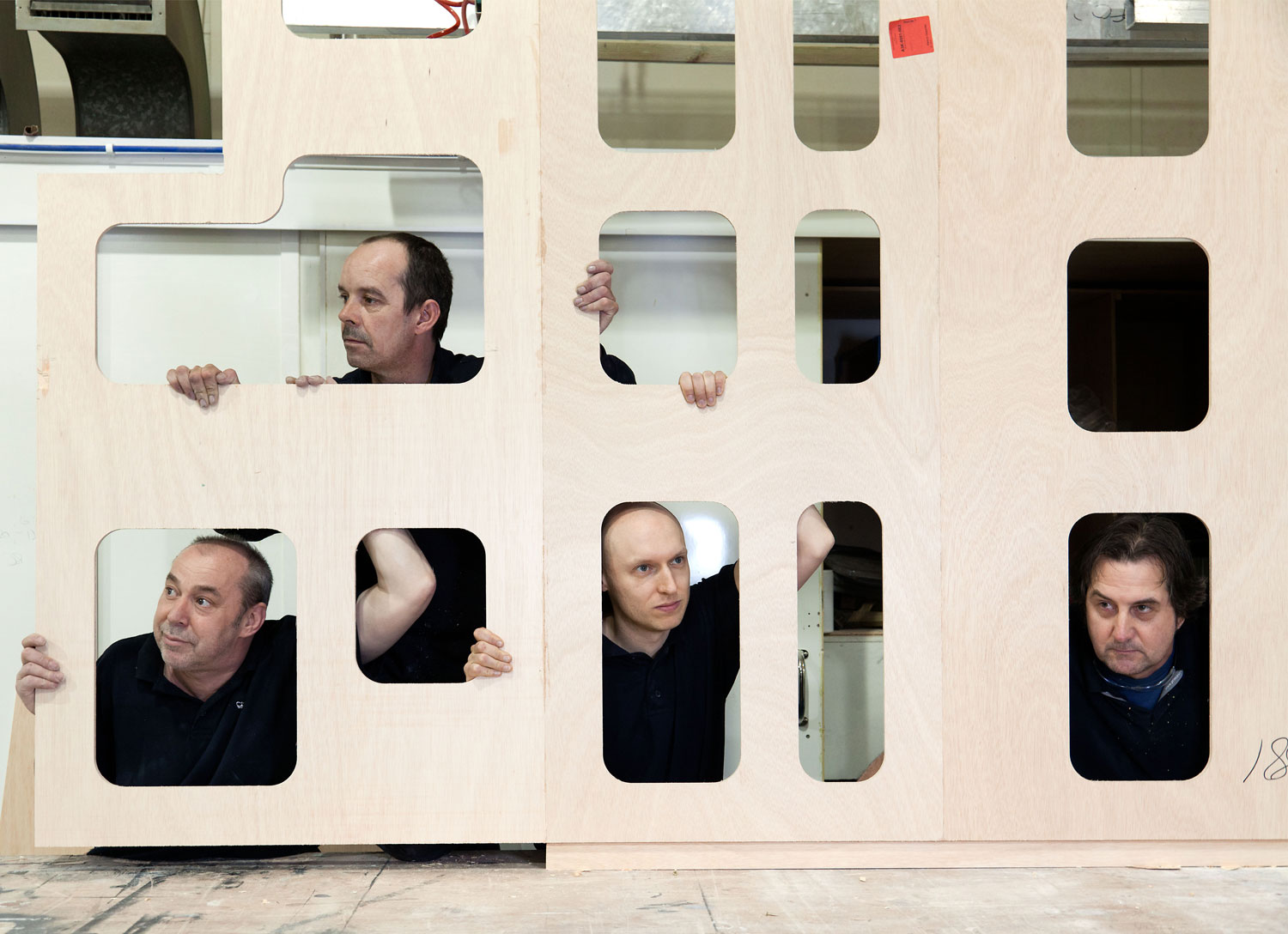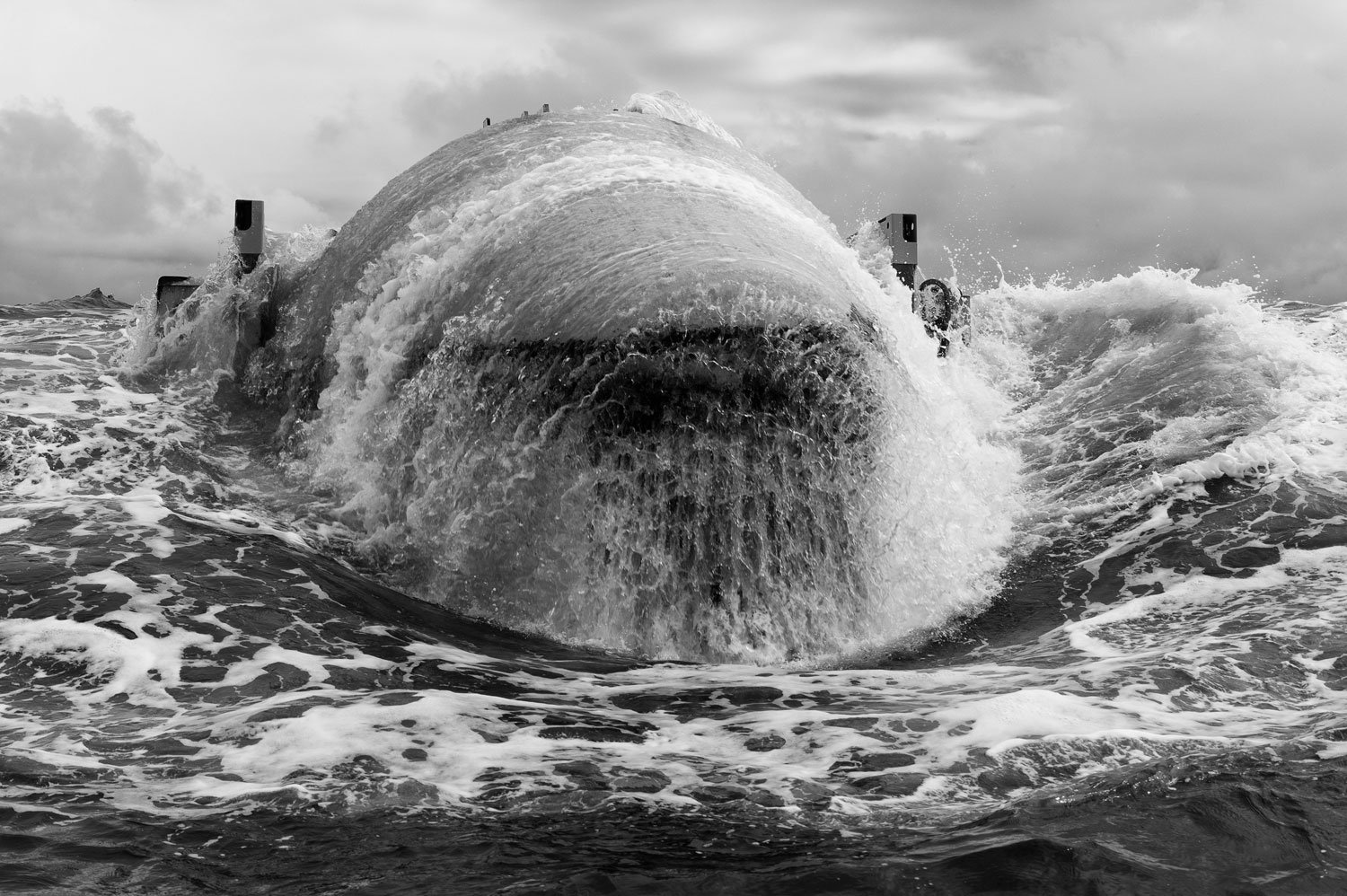Curator Ben Russell reflects on the story of contemporary British industry, on show in our Open for Business exhibition.
Our collections include some of most celebrated icons of manufacturing and engineering in history, including Puffing Billy, Newcomen’s engine and Stephensons’s Rocket. These objects embody the ingenuity, resourcefulness and resolve of the engineers and manufacturers who created them.

Fast forward to the present day, and it seems like many people’s perceptions of manufacturing continue to be dominated by heavy industrial images of men in boiler suits bathed in oil, up to their elbows in a machine. Of course, that’s still an integral part of industry, and one not without its attractions. But what we don’t often recognise is just how much contemporary British manufacturing has (literally) smashed these conventions into pieces.
Many people think Britain doesn’t actually make things anymore, but the reality is very different. Making things and selling them around the world remains strategically important for Britain, and its resilience continues to draw many manufacturing companies back to the UK after relocating to the Far East. As well as the mass production of everything from tin can tops to cars, many British companies thrive by carving out their own unique niches, from building yachts to weaving fine textiles. Many companies make a reputation for the excellence of their product: Quality sells.

Our exhibition Open for Business tells the story of contemporary British manufacturing through the images of nine Magum photographers. They each concentrated on a different region of the UK, visiting one-man businesses and FTSE 100 companies like Airbus and Renishaw, to try and create a snapshot of industry across the UK.
Their subjects can seem surprising, with photographs that include Aardman animators and theatre propmakers, as well as shipbuilding and factory workers. Renowned photographer David Hurn wanted to show the variety of manufacturing in Wales. Rather than just focus on the coal mines more commonly associated with industry in Wales, he chose to photograph Corgi Hosiery, a Welsh company that produces a range of socks designed by Prince Charles.

The incredible diversity of British manufacturing challenges the perceptions of what’s needed behind-the-scenes to make things. Roles in contemporary UK industry are vast, varied and can no longer be defined by the image of men in boiler suits.
Of course, it was ever thus: in the Industrial Revolution, Britain’s reputation as workshop of the world was attributed, not to the rise of the machines, but to the excellence of her people. In 1803, a French commentator praised ‘the wonderful practical skills’ of Britain’s ‘adventurers in the useful application of knowledge, and the superiority of her workmen in rapid and masterly execution’. The same could equally be said about making things in Britain today.
See more stunning images in our Open for Business exhibition, which closes 2 November 2014.